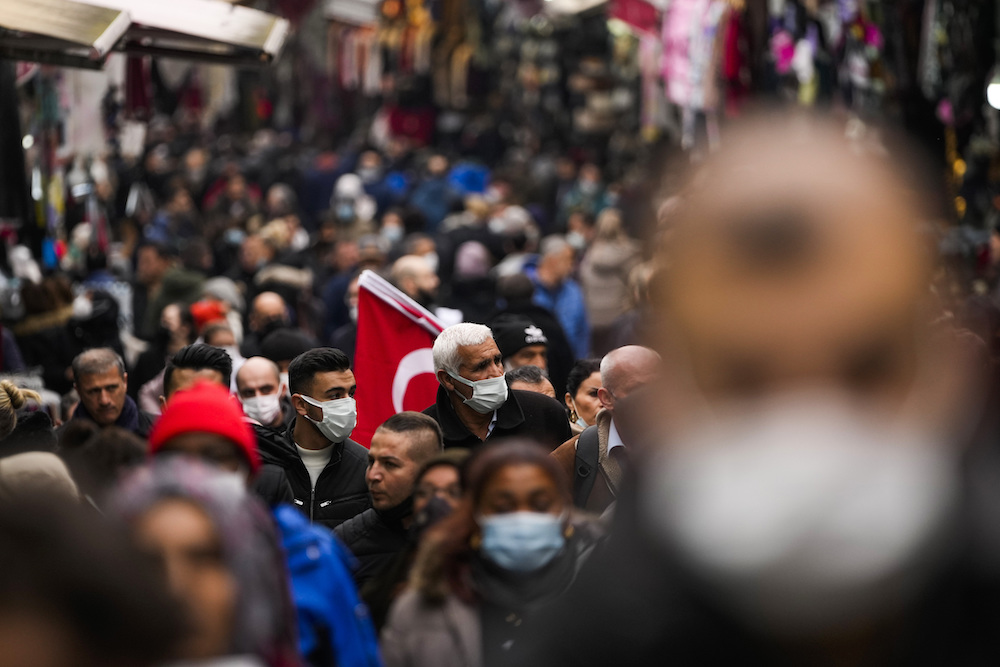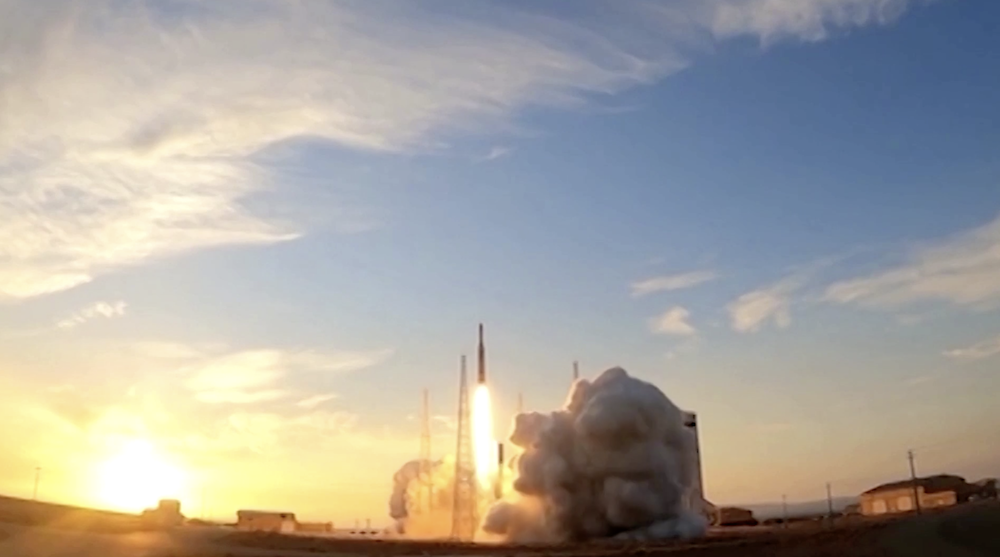Will Turkey continue its policy of reconciliation in the region next year?
ANKARA: Turkey made significant efforts in 2021 to normalize its relations with Armenia, Egypt, the Gulf, and Israel after years of disagreements.
The big question now is whether Ankara’s efforts to thaw the ice with these countries by de-escalating regional conflicts will continue with the same vigor in 2022.
On Thursday, Armenia announced its embargo on goods from Turkey would be lifted on January 1 and that Yerevan-Istanbul charter flights would soon begin again after decades of closed borders.
Two weeks ago, Turkey appointed its former ambassador to the US Serdar Kilic as its special envoy to conduct normalization talks with Armenia. This gesture was followed by Armenia appointing Ruben Rubinyan — who studied in Turkey through a scholarship from a Turkish NGO — as its special representative for dialogue. Moscow will host the first meeting between the two envoys in January.
“Turkey has been recalibrating its foreign policy in the eastern Mediterranean and the MENA region,” Prof. Michaël Tanchum, a non-resident fellow at the Middle East Institute in Washington and an associate senior policy fellow in the Africa program at the European Council on Foreign Relations, told Arab News. According to Tanchum, Turkey’s focus in the Eastern Mediterranean has been on Egypt and to a lesser extent Israel.
Regarding Egypt, Turkey this year asked all Istanbul-based Muslim Brotherhood-affiliated media channels to soften their criticism of the Egyptian government. The two countries held talks in September, while Turkish President Recep Tayyip Erdogan recently announced that Ankara was considering sending ambassadors back to Egypt and Israel.
During his recent meeting with representatives from the Jewish diaspora, Erdogan underlined that Turkey-Israel ties are vital for the stability and security of the region.
“Both (Egypt and Israel) have become key energy, economic, and military partners to Greece and Cyprus following the deterioration in their respective relations with Turkey in the early part of the previous decade,” Tanchum said. “Similarly, Ankara has been taken aback by Greece’s developing defense ties with the UAE and Saudi Arabia. The normalization of relations between the UAE and Israel under the Abraham Accords has solidified this alignment of Middle Eastern states with Greece and Cyprus.”
Tanchum thinks that, for Egypt, the most immediate stumbling block — despite Ankara’s diplomatic outreach — is Turkey’s support for the Muslim Brotherhood.
“Beyond this, the two countries are increasingly rivals for influence across Africa. The fact that Egypt was not invited to Turkey’s recent Africa summit shows the geopolitical limitations. Nonetheless, commercial relations between the two nations will likely increase, barring any major incident. The same is true for Israel-Turkey relations,” he said.
Although Turkey and several regional actors backed different sides in the Libyan conflict, Ankara now supports Libya’s political transition towards elections.
Turkish Airlines is also expected to relaunch its flights to Benghazi once technical work and security precautions have been completed.
Turkish Foreign Minister Mevlut Cavusoglu recently noted that Turkey does not differentiate between the west and east of Libya, and that Ankara was prepared to meet with both military strongman Gen. Khalifa Haftar and the speaker of the Tobruk-based parliament, Aquila Saleh.
Turkey’s moves towards reconciliation with the UAE, Saudi Arabia, Egypt and Israel as part of its efforts to break its regional isolation have escalated in recent months.
The UAE committed to investing $10 billion in Turkey following the visit of Abu Dhabi Crown Prince Muhammed bin Zayed to Ankara on November 24 — offering a vital boost for the Turkish economy. The Turkish Central Bank is expected to sign deals with its counterpart in the UAE soon and Erdogan is reportedly scheduled to visit the UAE in February.
“The rapprochement between Turkey and the UAE will likely continue, with expanding Emirati investment in Turkish companies. The Emirati fintech company Tpay’s acquisition of Turkey’s mobile banking and digital financial services firm Payguru is just one example of more investments likely to occur in 2022,” Tanchum said.
Meanwhile, Erdogan announced that Turkey will work to improve its ties with Saudi Arabia. The two countries’ foreign ministers met in May and committed to holding regular consultations. Experts anticipate further such commitments between Riyadh and Ankara in the new year.
Of all its relationships that Turkey sought to improve in 2021, Tanchum sees Armenia as the wild card.
“Because of the outcome of the Karabakh war, there is a genuine moment of opportunity for Turkish-Armenian reconciliation,” he said. “A grand diplomatic gesture on Turkey’s part that closes a chapter on an old historical wound could reset the tone of Turkish foreign policy with positive spillover effects for Turkey’s relations with its Eastern Mediterranean neighbors as well as with the European Union.”
Soner Cagaptay, director of the Turkish program at the Washington Institute, agrees that 2021 has been a year of significant shifts in Turkey’s foreign policy.
“By re-establishing friendships and forging new partnerships, Ankara has shown that it realizes it cannot stand alone and ignore everybody else in regional and global politics. Therefore, it chose to reset its ties with former rivals,” he told Arab News.
Cagaptay expects Turkey’s next target for normalization of relations will be the US, but considering Ankara’s current power-sharing agreements with Russia in Syria, Libya and the South Caucasus, that process could be trickier and take longer.
“Therefore, I think it’s not a complete pivot (in foreign policy), but the Middle East part of it is an attempt, at least,” he said.
Regarding Turkey’s relations with Egypt, Cagaptay notes that it took Turkey nearly eight years to recognize that its singular support of the Muslim Brotherhood failed to pay off.
“No one could have anticipated the speed of the Brotherhood’s fall from power. So I don’t blame Erdogan for that, but he should have been in touch with other political actors and I think that’s where the policy is ill-conceived,” he said. “There is now recognition of this, and 2022 is a pivotal year.”

Life in Turkey takes toll on female Afghan MPs who fled Taliban ruleTurkey lobbies Taliban in bid to operate five Afghan airports




